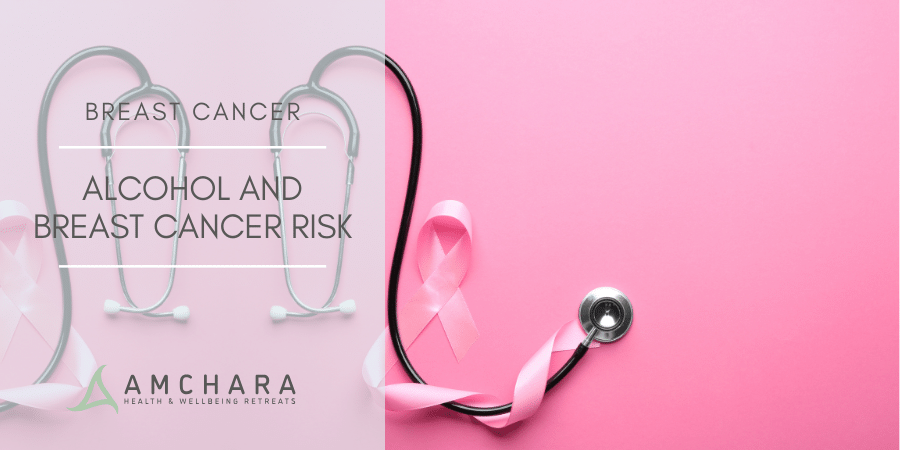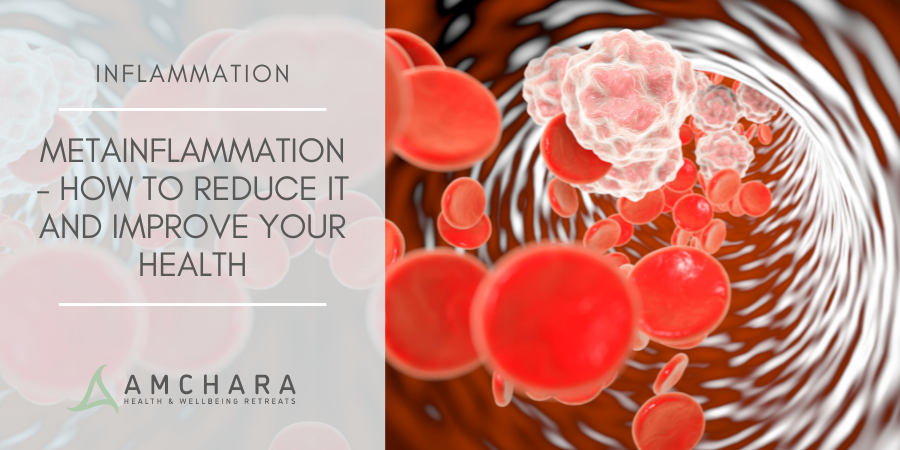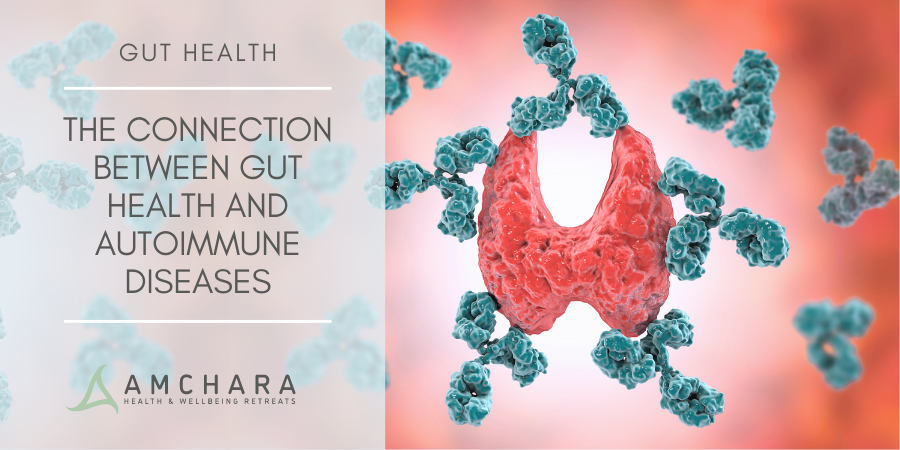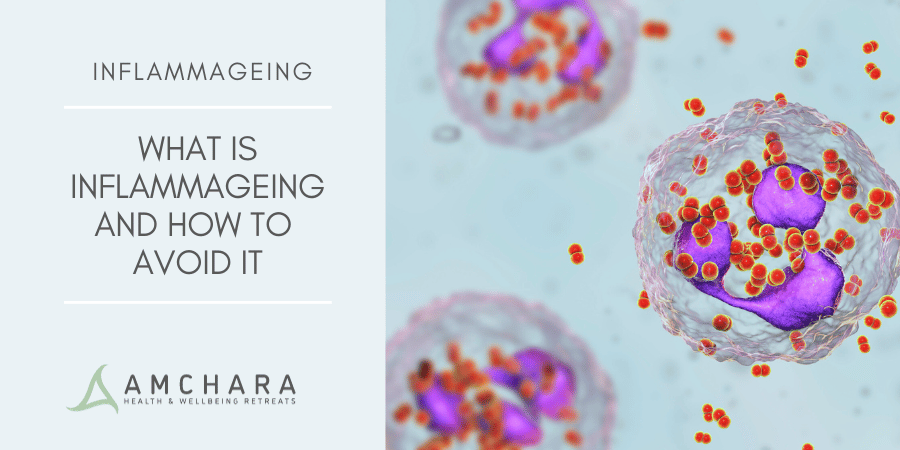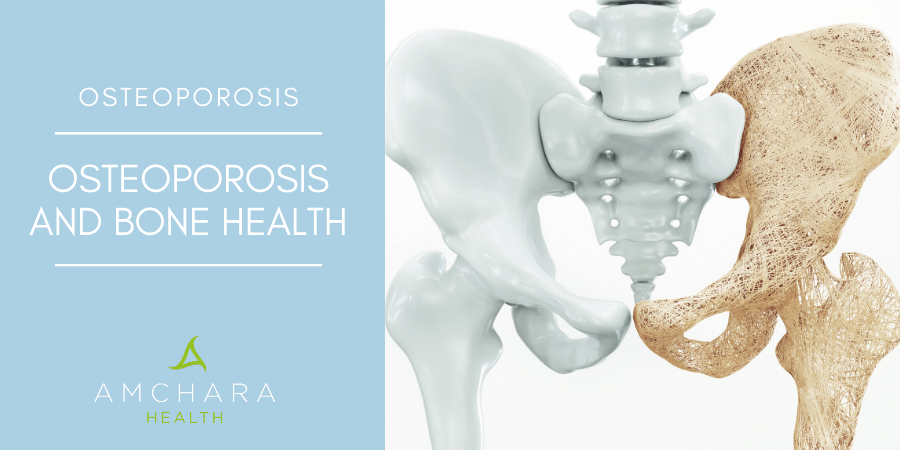Alcohol and breast cancer – how big is the risk?
According to a major new report from the American Institute for Cancer Research, together with the World Cancer Research Fund, drinking just one alcoholic beverage per day increases the risk of pre-menopausal breast cancer by 5% and post-menopausal risk by 9%.
The report, however, appeared to suggest that for women with Oestrogen receptor (ER) – breast cancer, a moderate intake of alcohol is associated with a protective effect and is not linked with an increased risk of death.
(image: Cancer Research UK)
The report also revealed that other factors affect the risk of breast cancer, however, some of these risks can be lowered by making lifestyle changes:
- Obesity and being overweight increases the risk of post-menopausal cancer.
- Increased weight gain during adulthood increases the risk for post-menopausal breast cancer.
- Mothers who breastfeed have a reduced risk of breast cancer.
On a more positive note – the report also identified that vigorous exercise brings positive health benefits and could decrease the risk of both pre and post-menopausal breast cancers.
This supports findings from a previous study which had already established that regular, moderate exercise decreased the risk of post-menopausal breast cancer.
Historical research has established that alcohol intake even at low levels is a risk factor for breast cancer but this association is seen to be stronger among oestrogen receptor (ER) positive tumours.
A more recent study suggests that the mechanism by which alcohol consumption increases breast cancer risk (particularly ER breast cancer) is due to its effect on oestrogen metabolism pathways and DNA damage and repair.
Other intervention studies support the hypotheses that alcohol is associated with increases in circulating oestrogen.
Experimental research has shown that ER-mediated oestrogen signalling can increase the proliferation of cells which may later progress to genetic mutations.
The message is clear – whilst there are no guarantees with cancer, it is good to know that with a few simple lifestyle changes you can lower your risk.
Maintaining a healthy weight, taking part in regular physical activity and limiting alcohol intake can help you to take control of your health.
Image: Cancer Research UK)
Study suggests exercise reduces risk of alcohol related diseases
New research has examined the association between alcohol and how effective exercise is at reducing disease mortality, cancer mortality and cardiovascular disease.
The study was led by University College London (UCL) and the University of Sydney – which found that drinking alcohol increases the risk of cancer by 47 per cent and early death by 16 per cent.
The study
The study was over nine years in total, with 36,370 men and women in England and Scotland involved. They were given surveys about their alcohol consumption and activity levels, with 5,735 people passing away during the study period.
The results
It was concluded that the chances of developing cancer and early mortality increased as people consumed more alcohol. However, researchers found that two and half hours per week may counterbalance the impact of drinking alcohol.
“Our results suggest that being physically active at the lower limit of public health recommendations, mitigates some mortality risks associated with alcohol drinking,” says the study.
It was also concluded that 150 minutes a week of activity lowers the risk of cancer by 36 per cent and cancelled out the effect of death from various causes.
What now?
Whilst we know alcohol effects the liver and health, yet activity supports it – it is always best to take the “everything in moderation” approach.
The NHS recommends drinking no more than 14 units per week as well as adopting a healthier diet and increased exercise regime.
May also be interested in:
Helpful Links:
Breast cancer in women
https://www.nhs.uk/conditions/breast-cancer/
Breast Cancer Care: Breast cancer support charity
https://www.breastcancercare.org.uk/
Breast Cancer Now | UK Breast Cancer Research Charity
https://breastcancernow.org/
Breast cancer | Cancer Research UK
https://www.cancerresearchuk.org/about-cancer/breast-cancer
Types of breast cancer – Information and support
https://www.macmillan.org.uk/information-and-support
Alcohol Addiction Rehab Centre
https://www.abbeycarefoundation.com
References
- Ali AMG, Schmidt MK, Bolla MK, et al. Alcohol Consumption and Survival after a Breast Cancer Diagnosis: A Literature-Based Meta-analysis and Collaborative Analysis of Data for 29,239 Cases. Cancer epidemiology, biomarkers & prevention : a publication of the American Association for Cancer Research, cosponsored by the American Society of Preventive Oncology. 2014;23(6):934-945.
- Lowry SJ, Kapphahn K, Chlebowski R, Li CI. Alcohol use and breast cancer survival among participants in the Women’s Health Initiative. Cancer epidemiology, biomarkers & prevention : a publication of the American Association for Cancer Research, cosponsored by the American Society of Preventive Oncology. 2016;25(8):1268-1273. doi:10.1158/1055-9965.EPI-16-0151.
- NHS Choices. Does alcohol affect breast cancer survival. https://www.nhs.uk/news/cancer/does-alcohol-affect-breast-cancer-survival/
- Wang J, Heng YJ, Eliassen AH, et al. Alcohol consumption and breast tumor gene expression. Breast Cancer Research : BCR. 2017;19:108. doi:10.1186/s13058-017-0901-y.
